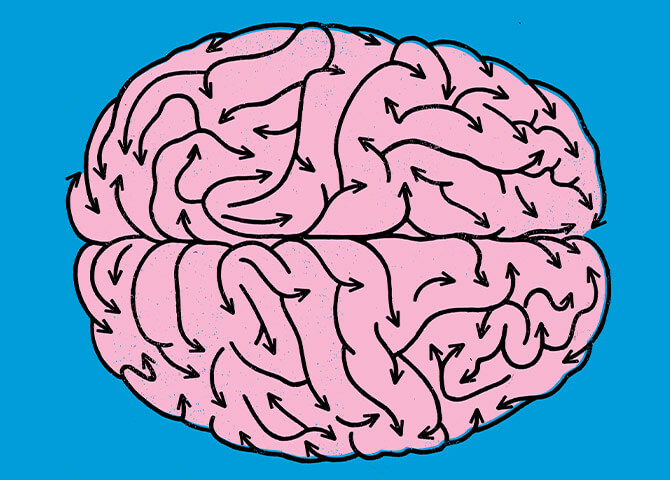In the beginning stages of the COVID-19 pandemic, people flooded stores, stocking up on essentials in case of a prolonged societal shutdown—including toilet paper. Soon, the nation was experiencing a toilet paper shortage.
According to Traci Freling and Ritesh Saini, both associate professors of marketing, it’s a perfect example of what their research previously uncovered: People are more likely to base medical emergency decisions on anecdotal information instead of facts when they feel anxious and vulnerable. In the instance of the toilet paper shortage, worried consumers ignored calls for caution and made buying decisions based on subjective, anecdotal information.
“We found that people are more likely to consider personal anecdotes than fact-based information, especially when it deals with medical emergencies,” Dr. Freling says. “This is especially relevant in the current environment, where everyone is concerned about the coronavirus.”
Elten Briggs, chair of the Department of Marketing, says that Freling and Dr. Saini’s analysis could have implications on decision-making processes for business and industry.
“Their research provides guidance on how to craft more influential messaging during times like these, when anxiety is heightened for so many people,” Dr. Briggs says.



